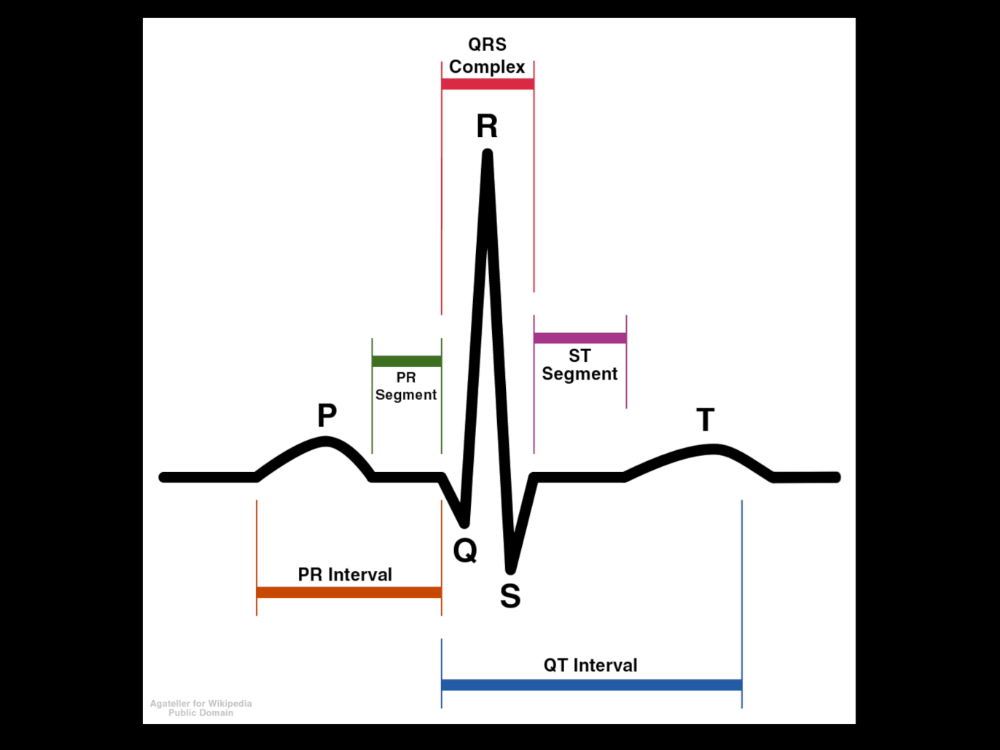- Home
- Is Ibogaine for you
- Inclusion and Exclusion Criteria
Inclusion and Exclusion Criteria
Inclusion and Exclusion Criteria
The Global Ibogaine Therapy Alliance is an internationally recognized authority on the safe use of ibogaine. Our protocol is based on their guidelines, including inclusion and exclusion criteria. These are summarised below.
Inclusion Criteria
The most important criterion for selection onto an ibogaine programme is consent. A determination to make it work and not just expect a magic bullet is critically important. Ibogaine has much less chance of success for those who are not fully dedicated to the therapeutic process. Its better to delay for a few weeks or months and go back to pre-treatment therapy than jump into a treatment.

Coercion is the worst approach to any ibogaine programme. Whether forced by the family or someone else, any intervention-triggered participation in ibogaine treatment tends to prove unsuccessful.
The main considerations for inclusion are:
- A full understanding of the basic scope of the treatment and what it entails
- A strong desire to use Ibogaine and a realistic attitude to what this can achieve
- A willingness to submit to a process led by a medical team and holistic therapists that will require appointment attendance, comprehensive application procedures and preparatory processes that demand commitment and honesty
- A determination to adhere to services and care plans prescribed in parallel with ibogaine therapy and a commitment to continue with ongoing self-care.
- An acceptance of the ibogaine Patient’s Bill Of Rights.


Once you have committed to coming to us and have sent your deposit, we will send you our Informed Consent form to read before you arrive. As part of your orientation on arrival, we will talk you through this document so that you fully understand it before signature.
Exclusion Criteria
If affected by any of the following criteria, it is not a wise decision to consider ibogaine, and our medical team will refuse treating you.
Certain psychiatric conditions
- Schizophrenia
- Bipolar disorder for which patient has been hospitalised or medicated
- Depersonalisation and/or Derealisation Disorder
- Cerebellar dysfunction
- Epilepsy
- Psychosis or acute confusional state
- Organic brain disease
- Dementia
Certain pre-existing heart conditions
- Prolonged QT Interval Syndrome
- History of heart failure or other issues (such as arrhythmia), enlarged or hypertrophic heart
- Active blood clots
- Pulmonary embolism
- Deep vein thrombosis
Certain major respiratory conditions
- PEmphysema
- Chronic Obstructive Pulmonary Disorder
- Cystic Fibrosis


Severe or chronic gastrointestinal issues
- Bleeding ulcer
- Leaky gut syndrome
Other criteria
- Abnormal blood test results
- Impaired kidney or liver function
- Active infection or abscess
- Within 6 months of major surgeries (physician approval required)
- Pregnancy
- HIV-positive

Inclusion and Exclusion Criteria
“TRR”
